
My Teaching Philosophy
Teaching is the process of imparting skills, including knowledge, hard skills, and soft skills, through both formal (schools, universities) and informal (daily routines) methods. For me, teaching is more than a profession; it’s the foundation of success. I became a lecturer to help students discover their strengths and to contribute to the community by enhancing education.
I believe that the best learning happens when students actively participate and connect new information to their experiences, enhancing retention and understanding. My teaching philosophy centers on creating a dynamic, inclusive, and safe classroom where students can express themselves and take intellectual risks. I use diverse teaching strategies, such as project-based learning, interactive lectures, and technology integration, to engage students and develop critical and creative thinking.
Inclusivity and support are the pillars of my classroom environment. I strive to create a community that respects and values diverse perspectives, encouraging students to see themselves in the learning material. I set high expectations while providing the support needed to help students reach their full potential and embrace a growth mindset, viewing challenges as opportunities for development.
Assessment and feedback are crucial to my teaching. I use various methods, including quizzes, presentations, and reflections, to assess student learning and provide feedback that guides their progress. These assessments also inform my teaching, helping me adapt to meet students’ needs.
As an educator, I see teaching as an evolving process of growth and reflection. I seek feedback from students and colleagues, utilizing platforms like EPP (UTM platform) for anonymous input, and I am committed to ongoing professional development. My ultimate goal is to foster a love of learning in my students, equipping them with the skills and confidence to succeed and contribute meaningfully in a rapidly changing world.
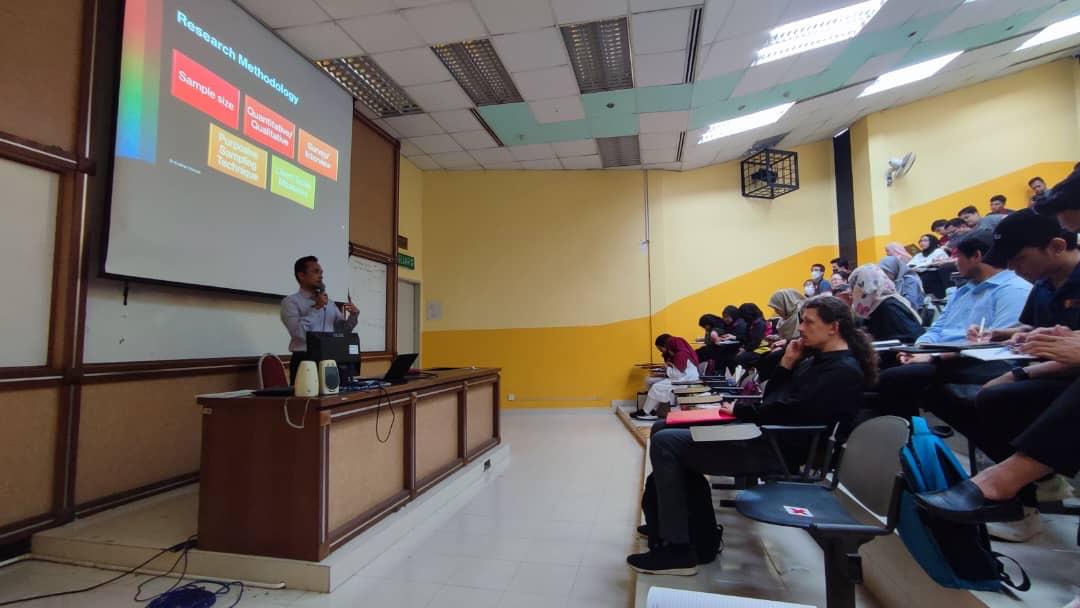
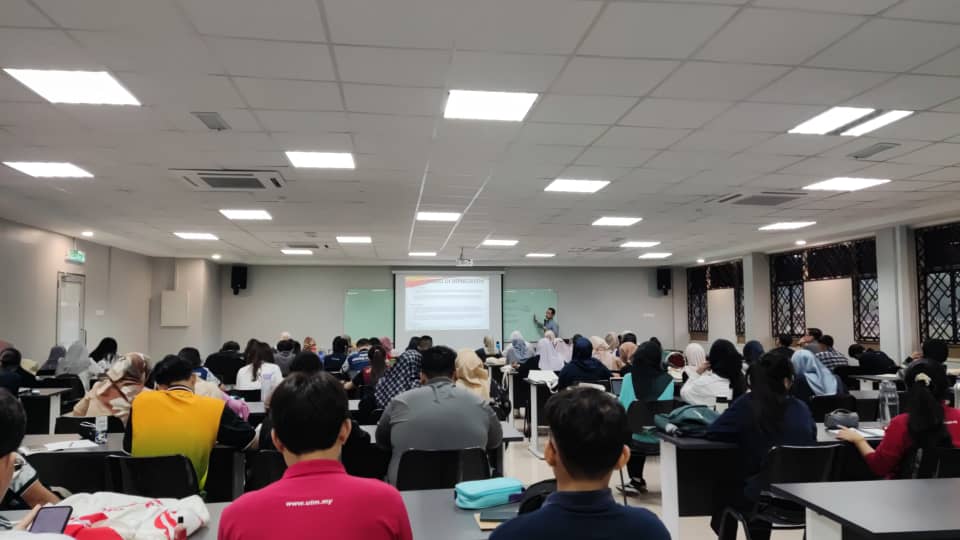
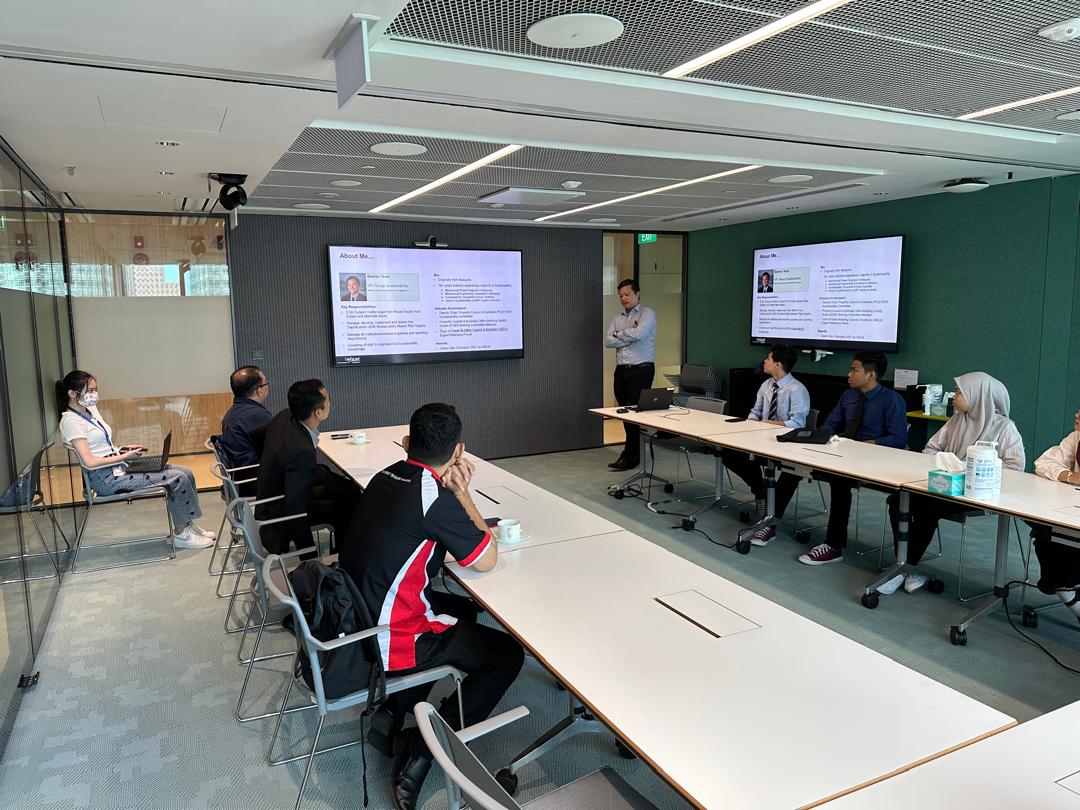
“Watch your thought, they become words.
Watch your words, they become actions.
Watch your actions, they become habits.
Watch your habits, they become character.
Watch your character, it become your destiny.”
Lao Tzu
1. Knowing Who You Are
In my capacity as an educator, this self-awareness is essential. It enables me to build a safe, accepting, and supportive learning environment for my pupils and to live up to the qualities I want them to have—like resilience, curiosity, and integrity. Knowing my areas of strength and weakness helps me be more modest and receptive to criticism. It also helps me to make the most of my teaching abilities. I think it makes me more relevant and humanising to my students when I am open and honest about who I am and my own learning process.
Being reflective and adaptive, continually assessing my decisions and conduct to make sure they support my values and my students’ needs. It enables me to tackle problems with a growth mentality, viewing each one as a chance to get better. The ability to be authentically myself ultimately drives me to be the best version of myself, both within and outside of the classroom, and directs my attempts to uplift, inform, and meaningfully engage with others.
2. Knowing What You Do
I deliberately want to establish a respectful and cooperative learning environment in my classroom. Students learn best when they are able to exchange viewpoints and collaborate to solve challenges, which is why I often incorporate group projects and peer learning opportunities into my lessons. As I take the time to get to know each of my students’ unique learning styles, challenges, and talents, I also place a high value on developing good connections with them. I can better adapt my teaching to better suit their needs because of this personal connection, which affects my approach.
I also understand that my responsibilities go beyond just teaching academic material; I work hard to be a mentor and an advocate for my students. I’m conscious of how my behaviours, like promoting candid conversations, exhibiting empathy, or exhibiting resilience, affect the climate in the classroom and my students’ perspectives on learning. By knowing what I do helps me stay grounded and makes sure that everything I do supports my mission of encouraging students to realise their full potential and develop into thoughtful, self-assured adults.
3. Knowing What You Need To Learn
One essential component of both professional and personal development is understanding what you need to learn. It means being open about your areas of improvement as well as your strengths. As a lecturer, I understand that the field of education is always changing due to the frequent release of new research, technologies, and techniques. I have to continue being proactive in identifying the knowledge and abilities I need to acquire in order to give my students the greatest possible learning experience. In order to update my knowledge, usually I will meet industrial players, join seminars or workshop and join any conference.
For me, this means continually seeking out opportunities for professional development, such as attending workshops, engaging with educational communities, and staying updated on the latest research. I am particularly focused on enhancing student engagement strategies, as I believe these skills will better equip me to meet the diverse needs of my students.
4. Apply What You Know
I constantly use my knowledge of topics like accounting and real estate investing in my classes to make engaging courses for my students. Project-based learning is the way I teach because I know it helps students make the connection between theory and practice, which increases the relevance and significance of what they are learning. By creating assignments that promote practical investigation, such as extracting financial reports from companies, analysing the information, and comparing student groups’ results to show how well the companies performed. I assist students in seeing how what they are studying has practical implications.
My professional experience in the field covered multiple years. I recently started working for a corporate real estate company called UEM Land. In order to prepare my students for what is happening in industry, I will also share my experience with them. I occasionally take a small group of students to the industry to expose them to real-world situations and, inadvertently, to foster industry networking, which enables the students to look for future employment opportunities.
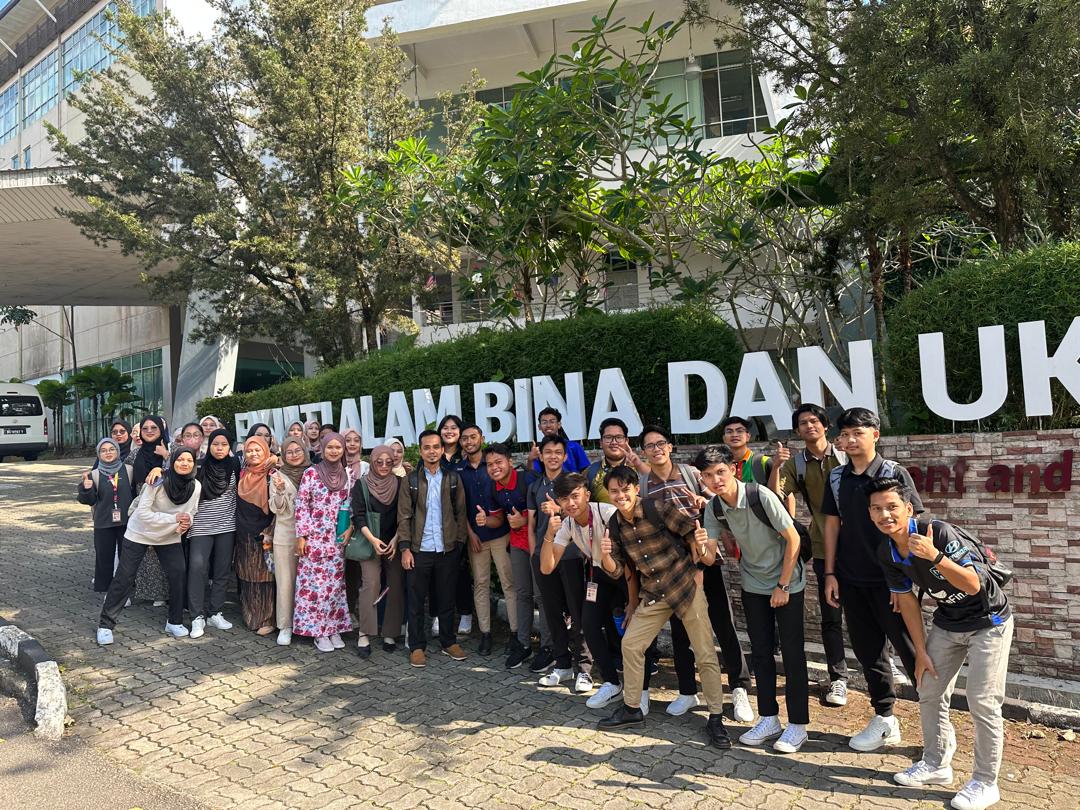
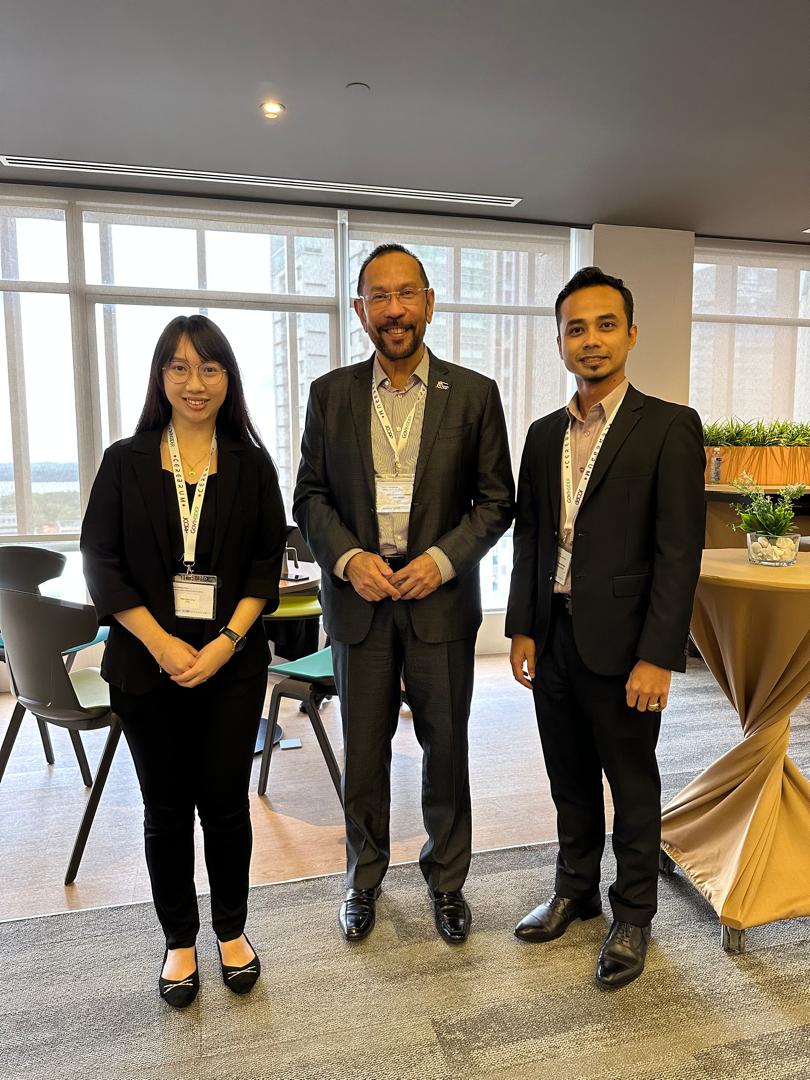

Discuss the importance of manners and ethics for the university lecturer profession.
Manners and ethic play a crucial role especially to the lecturer profesion. This is because manners and ethics will give a significant impact towards educational environment includes the reputations of the university and also will influence student’s learning experiences. These are several impact of manners and ethics toward lecturer.
Enhancing student engagement
Lecturer that show a good ethical behaviours to the student will earn respect from the students especially in a classroom. Indirectly, it will create an effective learning environment where the students engagement can be enhanced.
Reflect the lecturer's integrity
A good ethical behaviour from a lecturer can preventing plagiarism, cheating and also any unethical behaviour that related to the academic environment. This is because as a lecturer, they play a key role in upholding academic integrity. At the same time, credibility of the institution can be protected.
Reflect toward institute reputation
A positive reputation of the institution results from the ethical behaviour exhibited by all employees, including the educators there. This is crucial for the brand and to draw in students, particularly those from locally and internationally.
Acts as role model
Not only do lecturers impart academic information to their students, but they also act as role models for professional conduct and moral integrity. Students learn to value and use these qualities into their own professional lives when lecturers model ethical behaviour, such as owning up to mistakes and upholding academic integrity.
Trust and respect
Mutual respect is facilitated by the practice of good manners, which include being courteous, paying attention, and treating every student with respect regardless of their background or performance. An environment in the classroom that is conducive to open conversation and learning is fostered by respectful relationships.
How may manners and ethics impact the academic environment, particularly in terms of students' performance and views, as well as a duty of lecturers?
University lecturers’ behaviour and morals matter in a number of ways. They support the preservation of the university’s positive reputation. A polite lecturer can do amazing things for the university’s reputation. Second, it is predicated on the humanistic view of interpersonal relationships. A lecturer’s stakeholders include the community, the government, parents of students, and other students. A professor who respects human behaviour standards can foster positive interactions with stakeholders, which benefits the quality of the university.
High standards of ethics can boost students’ confidence in their lecturers both within and outside the classroom, which in turn can improve performance and student trust. Fairness and equity are two of the codes mentioned in the UTM Code of Ethics’. In this way, a lecturer who maintains equity and justice can boost students’ trust in the procedures of instruction, evaluation, and monitoring. As a result, the lecturer’s professional credibility will increase.
Identify and analyze some (3) moral and ethical challenges that may be faced by university lecturers. What steps can be taken to overcome this challenge?
By collaboration, supervision, and mentoring, lecturers and students frequently form close working ties. To prevent perceived impropriety, conflicts of interest, and favouritism, it is essential to uphold professional boundaries. It can be difficult to navigate these relationships, particularly when students ask for help or guidance outside of the classroom or when social media makes it difficult to distinguish between personal and professional contacts. A lecturer must establish clear guidelines for their availability, the extent of help, and the type of professional interactions the lecturer will have with students. Steer clear of circumstances when personal relationships could interfere with work obligations. Don’t oversee close friends or family members in a classroom. Consult the university’s policies regarding appropriate interactions with students, conflicts of interest, and professional conduct. Consult an ethical committee or a senior colleague for advice when in doubt.
All students must be treated equally by lecturers, without favouritism or bias based on personal traits such as gender, race, religion, or other characteristics. Trust and honesty must be upheld by guaranteeing fair assessment and equal chances for all students. Lecturer interactions, grading, and opportunity provision might be impacted by implicit biases, personal prejudices, or even unintentional favouritism towards specific students. Students may become unhappy as a result, file grievances, and lose faith in the educational system. The lecturer can take part in training sessions or workshops on inclusivity and unconscious bias to identify and lessen own prejudices. When grading and assessing, use transparent, objective, and unambiguous criteria. Give students thorough comments and rubrics to support their grades. Ask students for input on a regular basis to spot potential areas of inadvertent bias and take steps to rectify them.
It is the duty of lecturers to maintain academic integrity in their research, teaching, and evaluation. Avoiding academic dishonesty in any form—such as plagiarism, data fabrication, or misrepresenting study findings. They also need to stop student academic misbehaviour and deal with it. Some professors may be tempted to take short cuts in order to meet deadlines for research publications, stellar grades, and funding. Furthermore, a lack of knowledge about what constitutes academic dishonesty or pressure from peers may lead some students to try plagiarism. Teach students the value of academic integrity and provide them with a clear definition of plagiarism and other wrongdoing. To monitor student work and guarantee originality, use plagiarism detection software. Lecturers ought to be honest, properly credit their sources, and exhibit integrity in their work at all times.
